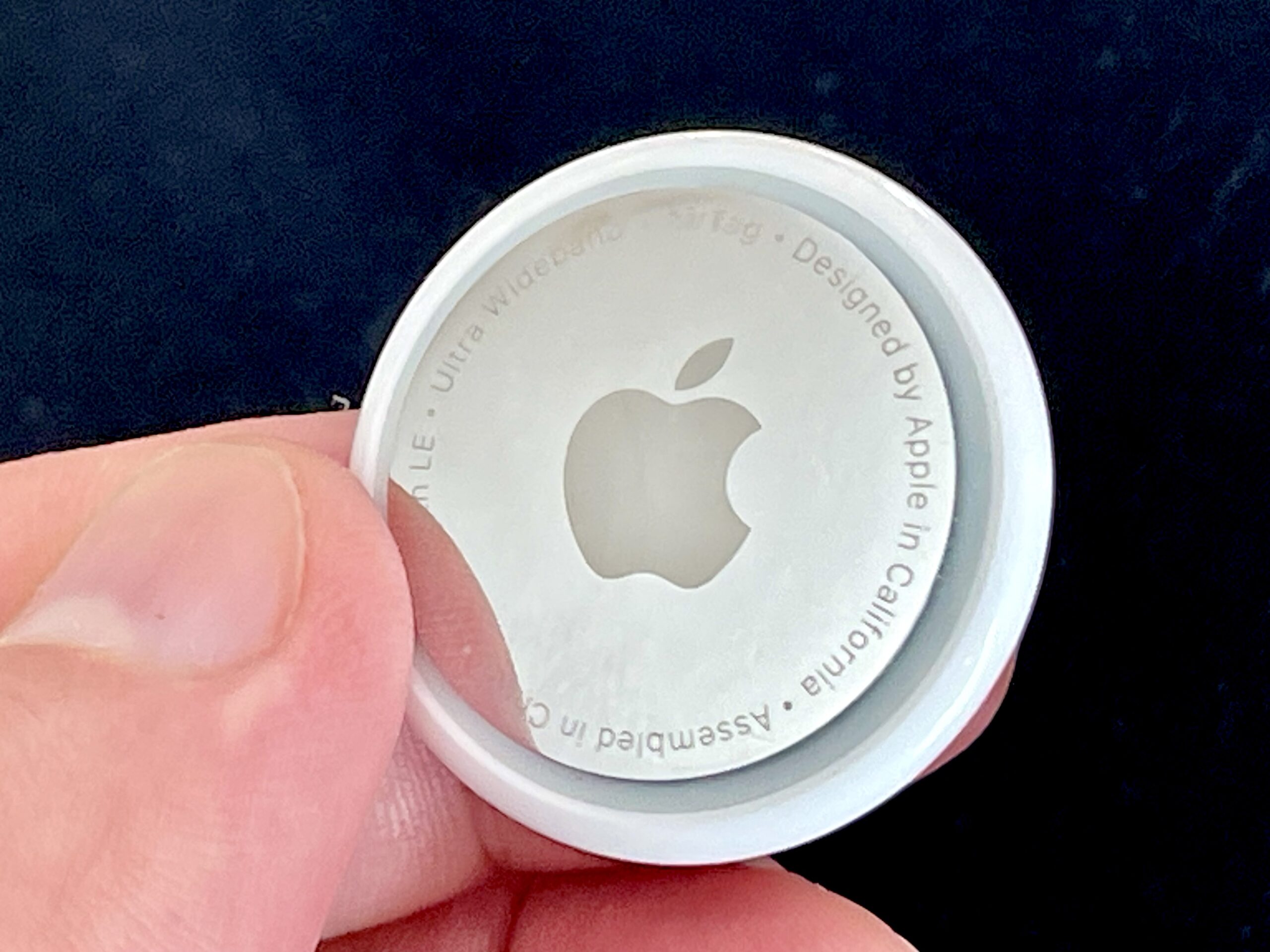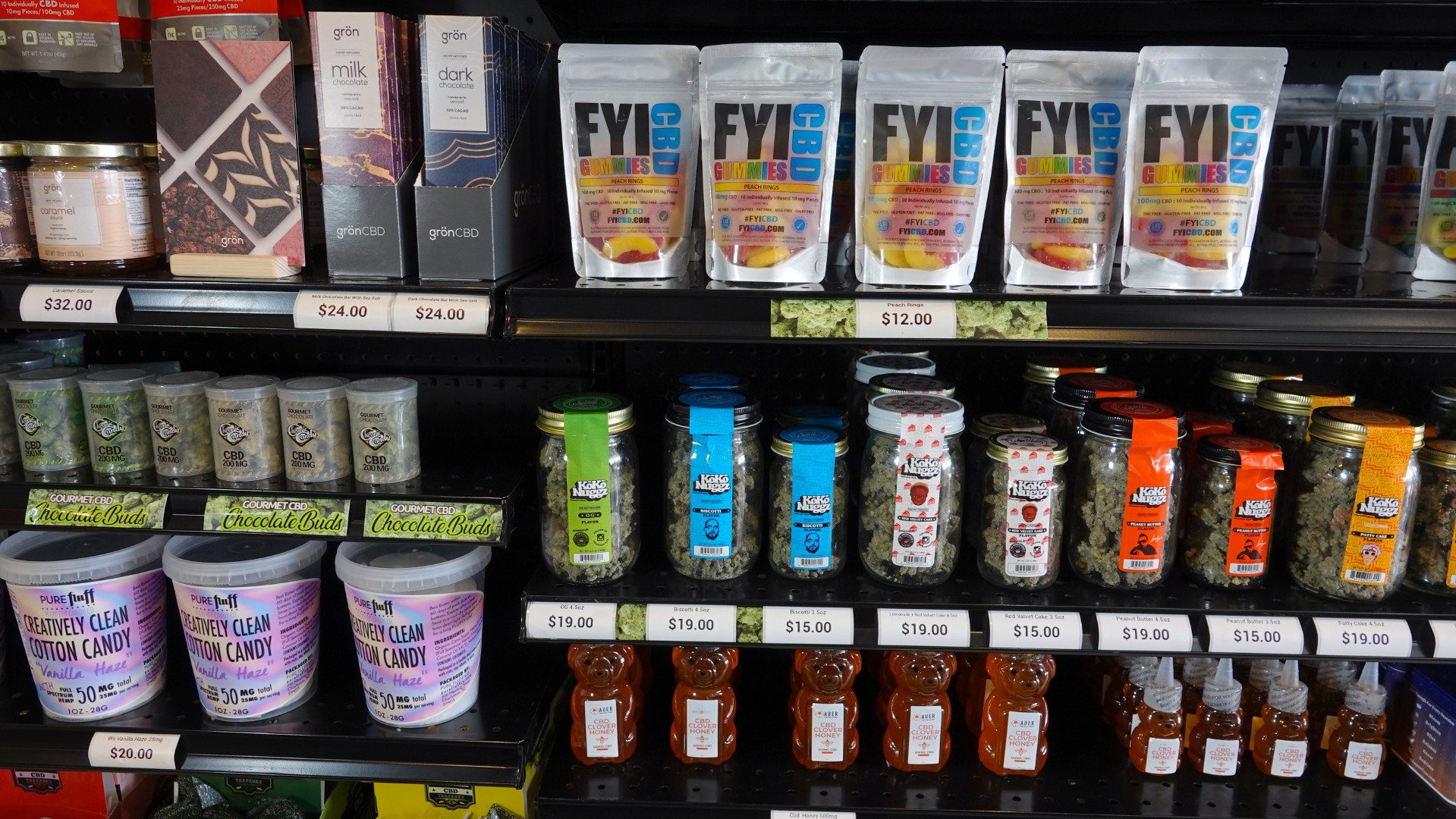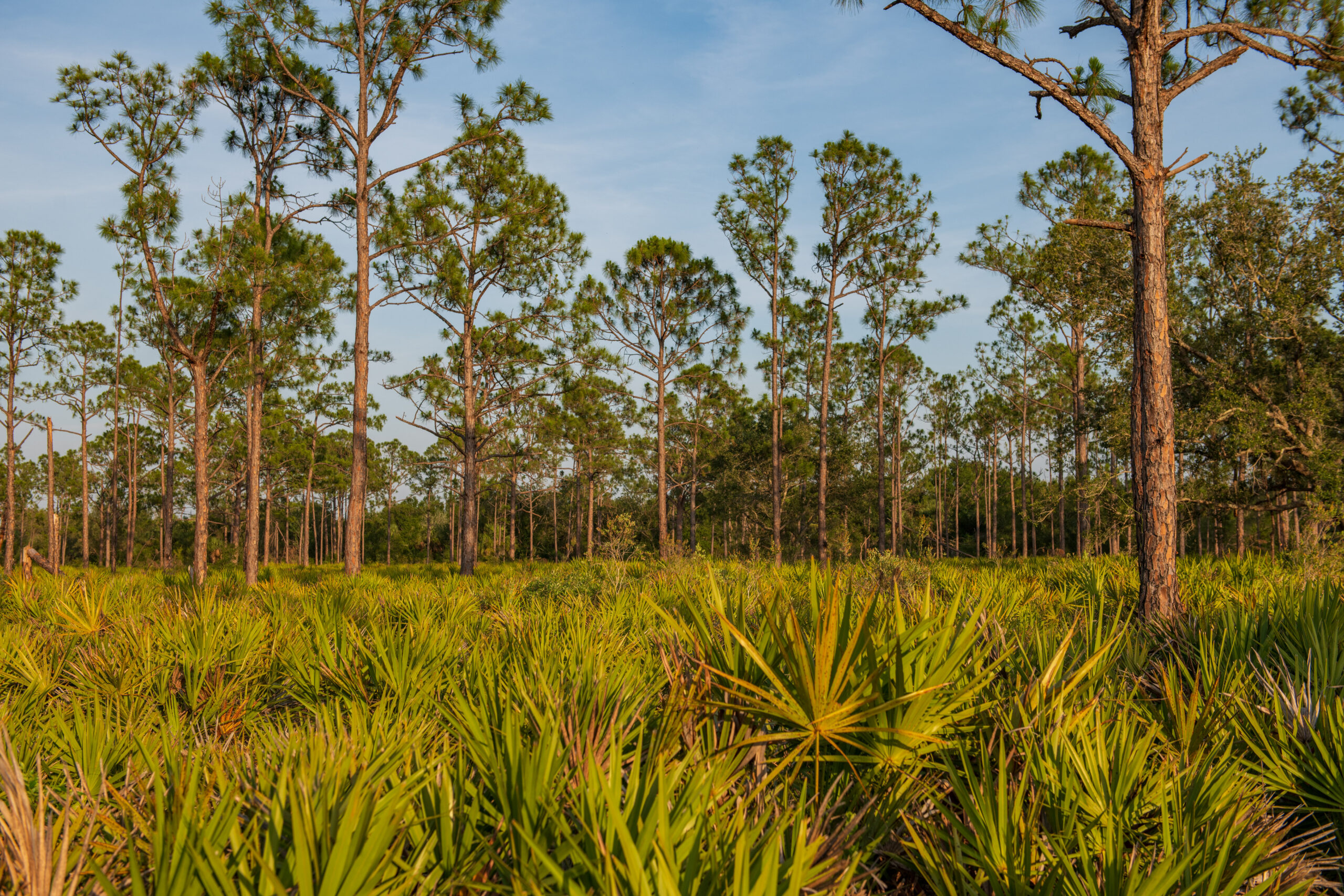Across the state of Florida, stores sell drinks containing THC, sometimes marketing the good as “legal weed,” even though they are infused with hemp instead.
“In my hometown, I have a store that I drive by frequently with one of those signs out front that tells me I don’t need an ID card there,” Sen. Colleen Burton, a Lakeland Republican, said at a Senate Fiscal Policy Committee.
Burton will introduce legislation (SB 438) this week that would regulate what hemp products can be sold on Florida shelves and exactly how the goods can be marketed to the public.
The bill so far coasted through the Senate Agriculture and Fiscal Policy committees with unanimous support. But Gov. Ron DeSantis vetoed a similar legislative package last year, leaving the future of this year’s hemp bill decidedly uncertain.
The Governor wrote in a veto message last year that regulations on the burgeoning hemp market would “impose debilitating regulatory burdens” on Florida retailers. Many of them spoke out against the legislation this year in Committee.
But the Florida Senate has soldiered on, in bipartisan fashion, with its efforts to regulate a market that today faces far fewer rules than Florida’s medical marijuana industry, despite selling some products with a high concentration of THC, Burton said.
The Florida Senate expects to take up the bill on the floor on Tuesday. A House companion (SB 1597) hasn’t been heard in Committee yet but could draw primarily on work finalized in the upper chamber this week.
Sen. Tracie Davis, a Jacksonville Democrat who co-sponsored Burton’s bill, said the concerns of the Governor and numerous retailers opposing the bill should mellow out about the prospect of rules.
“We are not going to decimate any small business,” Davis said. “We are not going to put a business out because of this. You are not going to close your doors because of the regulatory framework that we are going to put in place.”
But plenty of store owners feel anxiety about the potential of legislation. Sarah Lee Brian, a co-founder of Sunmed, owns multiple retail locations selling CBD products, including storefronts in Burton’s hometown of Lakeland. She said her company would embrace a regulatory environment if done right, but she spoke out in Committee against the legislation as written.
“We are against synthetics. They are terrible for you,” Brian said. “There’s nothing more beautiful than nature. God made plants. Hemp is one of them.”
As it reads now, the Senate bill significantly changes Florida’s hemp program. It requires hemp extracts to be tested by a certified medical marijuana laboratory instead of any independent lab to determine if the goods meet state hemp definitions. The product could be sold in Florida so long as it was free of unsafe contents but would have labeling requirements that accurately reflect its concentration of THC and cannabidiol.
As for THC-infused products, only businesses also licensed to sell alcohol could sell them, but the products could not contain alcohol themselves. The products could not be marketed to children with attractive packaging, such as displaying toys, and the packaging could not resemble other well-known food brands, such as gummy bears, typically marketed to children.
The bill also sets definitions of hemp and THC-infused goods in statute. Hemp products cannot contain more than 5 milligrams per serving or 50 milligrams per container, whichever is less. A THC-infused beverage may not contain more than 5 milligrams per unopened can or bottle or in any other sealed container.
Businesses that can sell such products could not advertise their availability in signage visible from the street or in parks and public settings. Retailers cannot market the product using brand logos or sell it as having some unproven health benefit. The bill also has language barring sellers from inferring a relationship with a medical marijuana provider.
Several Senators in the Committee said the state needs to act partly because the hemp market promised when Florida approved a program hasn’t materialized as imagined. Sen. Keith Truenow, a Tavares Republican and veteran sod farmer, noted hemp was pushed in 2018 as an alternative crop for Florida producers. Still, only three acres of hemp crops are currently being grown, meaning most hemp-infused goods rely on out-of-state sources.
Meanwhile, Sen. Rosalind Osgood, a Broward Democrat, voiced fears that an inebriating product is on Florida shelves that can exploit addicts without a complete public education about the health and intoxicating effects. A recovering drug addict herself, Osgood said that’s begging for someone to be hurt.
“For people like me, it’s extremely dangerous and can trigger my disease,” she said. “And when I think about children and having these gummy products that look like candy, and the danger and the potential danger, we’ve had reports of kids overdosing because they think it’s candy and they take two or three.”
Senate Majority Leader Jim Boyd, a Bradenton Republican, expressed frustration that the bill was vetoed last year.
“Let’s have the right products and the appropriate products with the guardrails that should apply on the shelves of the stores,” Boyd said.
Post Views: 0

 Entertainment8 years ago
Entertainment8 years ago
 Politics8 years ago
Politics8 years ago
 Entertainment8 years ago
Entertainment8 years ago
 Entertainment8 years ago
Entertainment8 years ago
 Tech8 years ago
Tech8 years ago
 Tech8 years ago
Tech8 years ago
 Tech8 years ago
Tech8 years ago
 Politics8 years ago
Politics8 years ago









